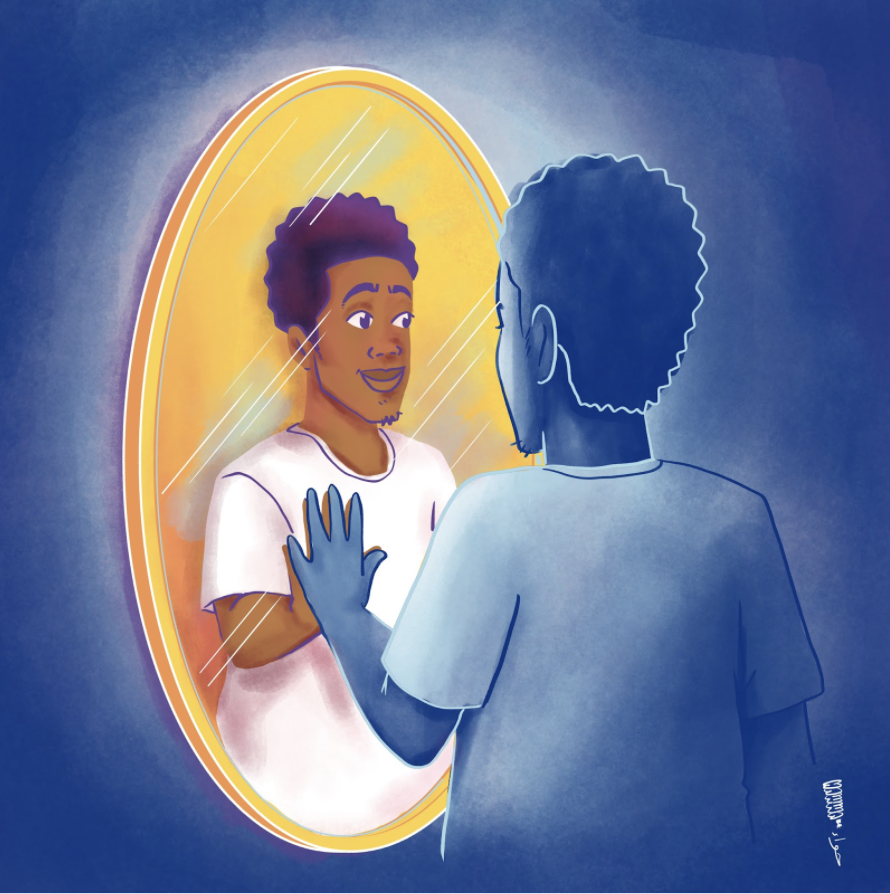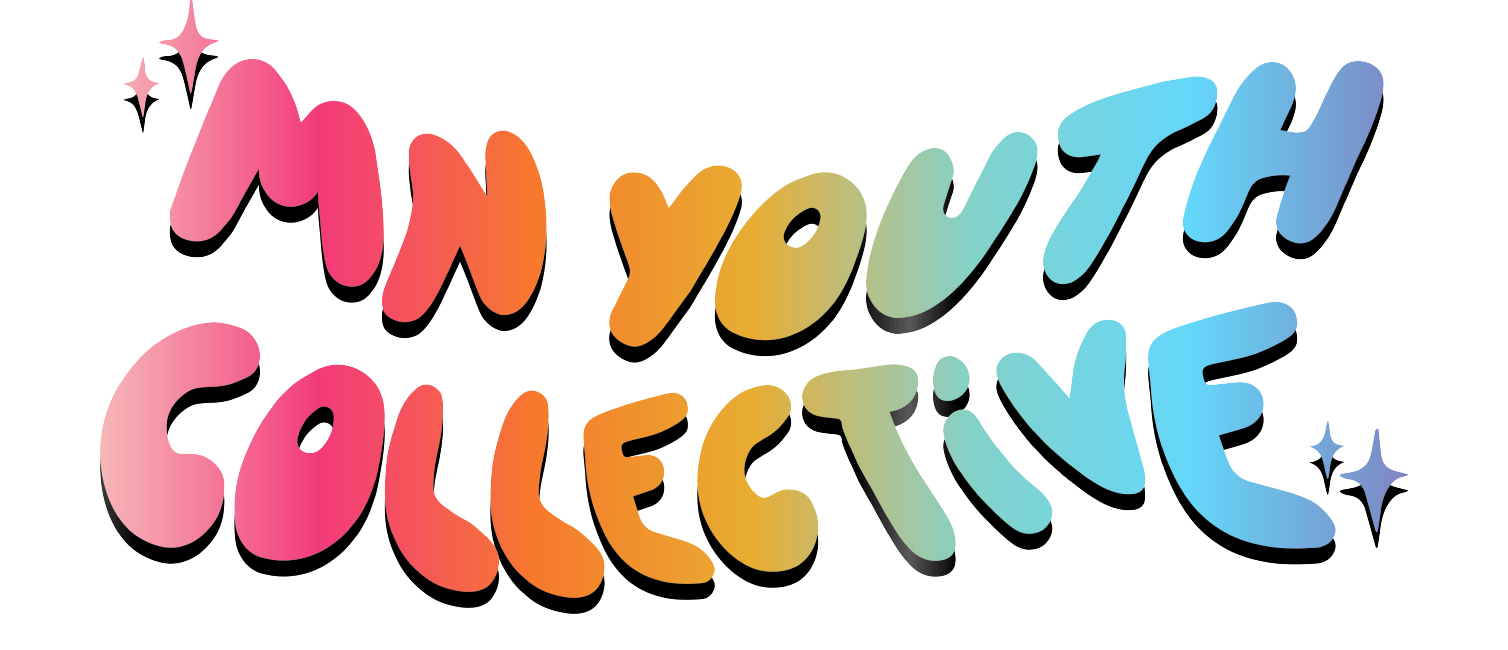Meti applied to MNYC’s fellowship program in 2019 in order to find community. “I was in college at a super conservative university and I felt really out of touch with other progressives. I was excited to be in a fellowship that was going to teach me how to be an active community organizer and be surrounded by other young people who were like-minded.” During her fellowship, Meti found that community and a unique sense of acceptance. “Everything that I experienced with MNYC’s fellowship was different from past work experiences I’ve had,” she says. “The relationships between the staff and fellows were so open and supportive. During my fellowship, I never felt like I had to hide who I was or water down my personality or anything like that when I went into their space. The trainings were great, too. There were a lot of different types of trainings and networking opportunities, so I felt like they wanted you to grow as an organizer.”

The fellowship program connected Meti to her peers and her city in ways she had never experienced before. “One thing I enjoyed doing was going to community events and registering voters with other fellows because it gave me the opportunity to get to know them better,” she says. “We also got to talk to a lot of random young people and we attended events that I had never gone to before even though I’m a long term community member in Minneapolis. I also enjoyed putting together the events for our issue campaigns. I felt like we had full control of our event and worked collaboratively with one another.”
MNYC’s 2019 organizing fellowship cohort split into two groups. One group researched and advocated for the removal of financial and legal obstacles that make it difficult to change your name at the local level, especially for trans communities in Hennepin County. The second group researched and advocated for housing justice and marijuana legalization policy that prioritizes individuals who have been criminalized by current drug policies. To culminate their work, Meti’s cohort planned and hosted an art exhibition featuring work from local artists that explored the meaning of the word “home” throughout different cultures, identities and individual lived experiences. “Two big skills I got experience in were event planning and digital organizing, or how to advertise and build excitement for the events and campaigns that we were building,” Meti says. “The training we received on these skills was super useful and it was cool that we got to put them to use during the fellowship.”
The most memorable thing Meti learned from her fellowship experience was that she is capable of leading change in her community through collaboration and connection. “I think a lot of times, if you don’t see yourself as a ‘leader’ or someone who has a lot of ideas and always knows how to make them happen, it’s easy to get into your own head with imposter syndrome,” Meti says. “Through MNYC’s fellowship, I learned how to collaborate with others to make big things happen. Everyone in my cohort came from very different backgrounds, so we were able to learn from each other too.”
“Since my fellowship,” Meti says, “I’ve graduated from college and I’m just focusing on my career. I relocated and that’s been a positive experience. Although I do miss Minneapolis, I think it was best for me to leave for a while. I feel more grounded in the space that I am in. I’m hopeful that I’ll feel that communal connection soon and maybe through volunteering or finding other community organizers, whose work that I can support.” We’re so excited for what’s in store for her!
Minnesota Youth Collective’s organizing fellowship is a three-month program that hires and trains young people as community leaders with the skill, perspective, and imagination to advocate for creative policy solutions for their communities. Fellows leave the program with a depth of organizing knowledge, which can be difficult to obtain by other means, and a community of peers and mentors who are invested in their success. This spring, we’re sharing some of our fellows’ reflections on what this program has meant to them.

Leave a Reply